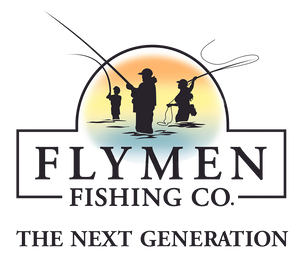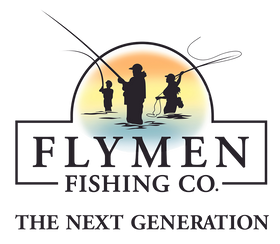Flymen Blog
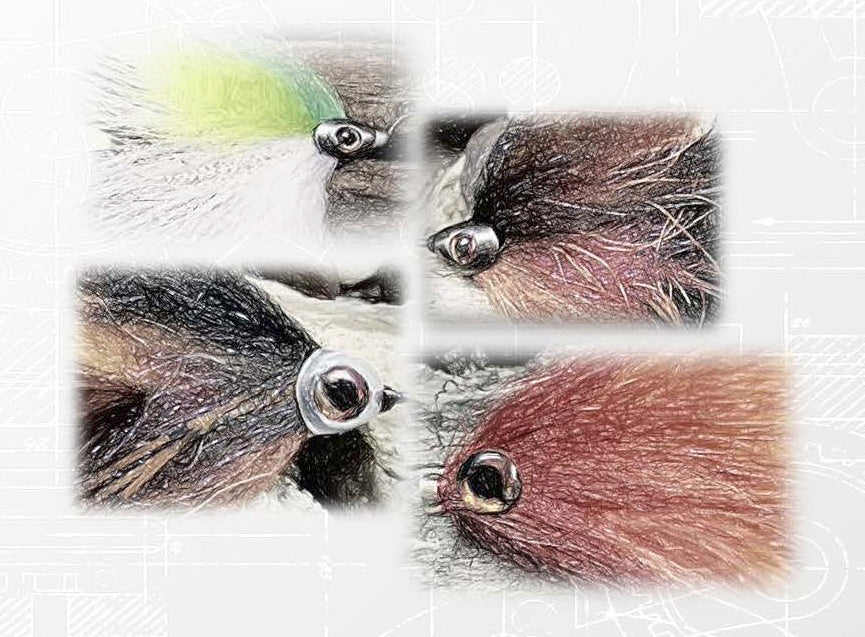
Flies that do the shimmy are all the rage right now.
A lot of this is due to all the new materials and hardware now available for fly tyers. Ranges of articulated shank systems and heaps of new synthetic materials that easily shed water are changing the way we tie flies.
Articulation used to be a term for wire and beads joining two hooks in order to do the S-curve movement in the water.
Modern innovations in fly tying materials give you the ability to step beyond purely mimicking the appearance of a prey item – you can mimic its movements as well.
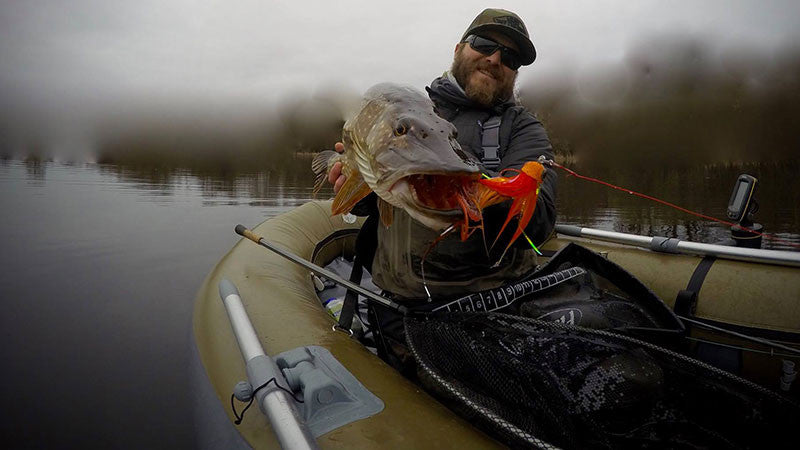
The Esox family has evolved over thousands of years to give us a top predator to chase on the fly.
These beasts' senses are tuned to the max.
One sense that is important for pikes/muskies is the lateral line, a system of tactile sense organs located in the head and along both sides of the body, used to detect movement and vibration in the surrounding water.
They use their lateral line in conjunction with their sight to give them a more accurate picture of what’s going on – how far away their prey is, how fast it's moving, and its size.
The lateral line is often forgotten by the fly angler. We tie pretty flies, but most of them have a very small footprint in the water. I'm not saying these don’t work, but why not maximize your chances of attracting more fish or perhaps bigger fish?
So how can you make a loud fly?

Not all heroes wear capes.
This Strolis streamer pattern uses a Surface Seducer Dragon Eye and Fish-Skull Fish-Mask combo with an Articulated Shank for extra action.
It just might save the day next time you're on the water.
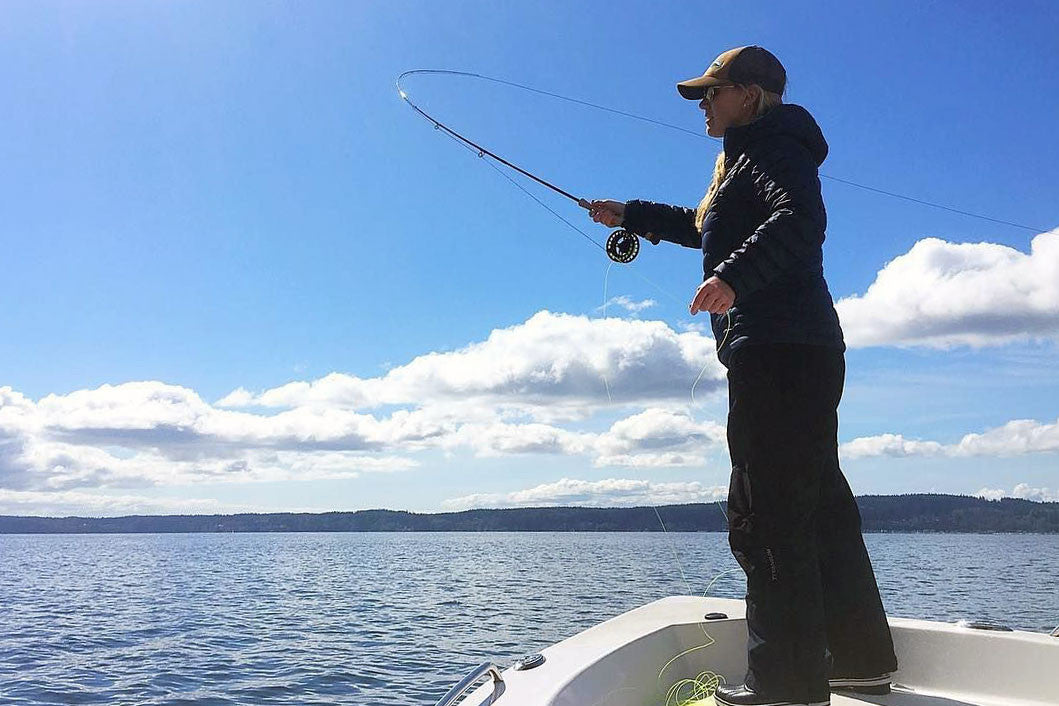
'Tis the season for fishing, sun, and, in some cases, being a tourist in another state on another trout stream or bass pond.
And because all fly anglers are magnetically attracted to every fly shop within a 100-mile radius, this means visiting new fly shops too.
After many years working in and guiding out of a fly shop, I compiled a list of the do's and don'ts of fly shop patronage to help you make your trip more successful.
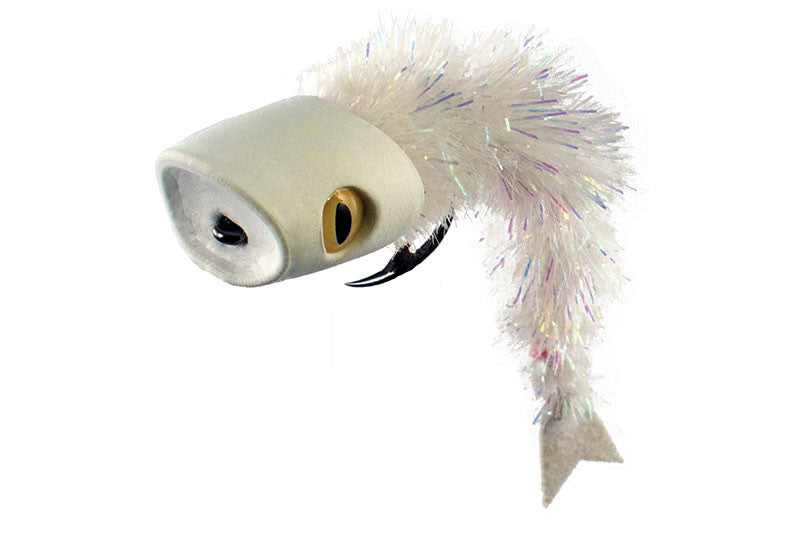
One of the most exciting areas in fly design is the development of next-generation topwater flies to enable the modern fly fishing angler to successfully target and land a growing variety of freshwater and saltwater gamefish across the globe.
To support this trend, in 2016 we announced our intention to create a full range of modern innovative foam fly tying materials under the new...
